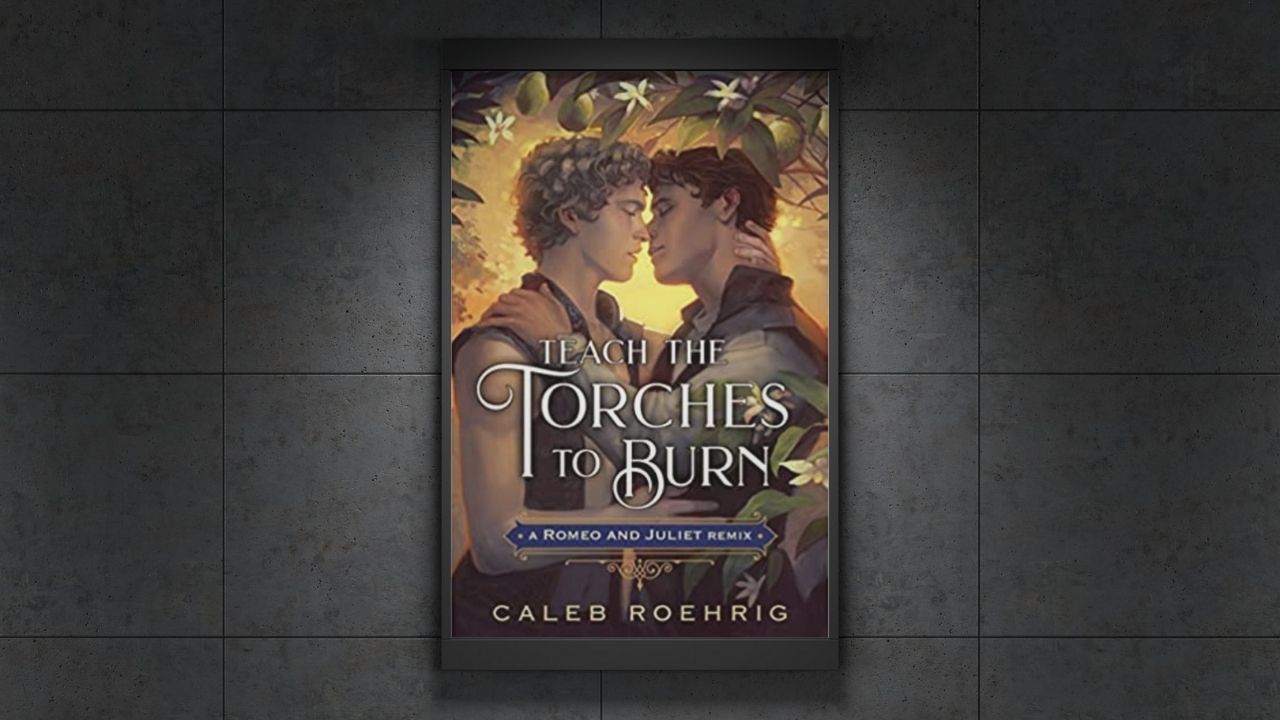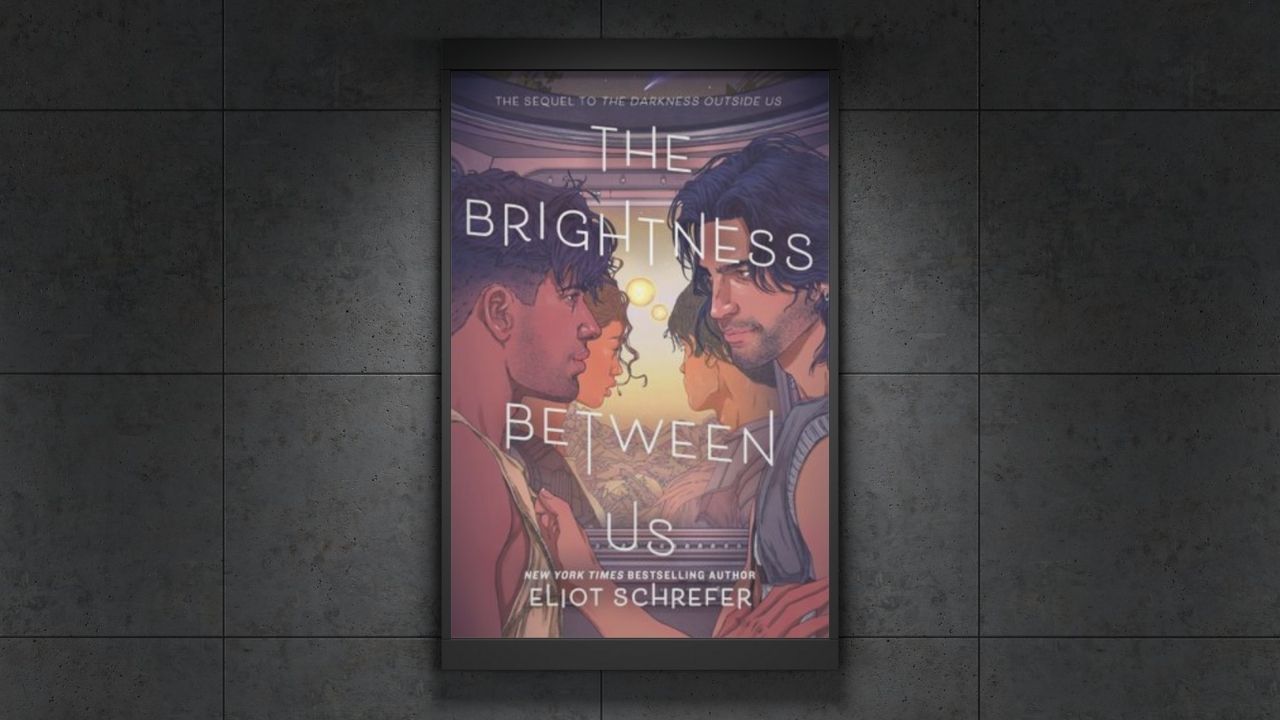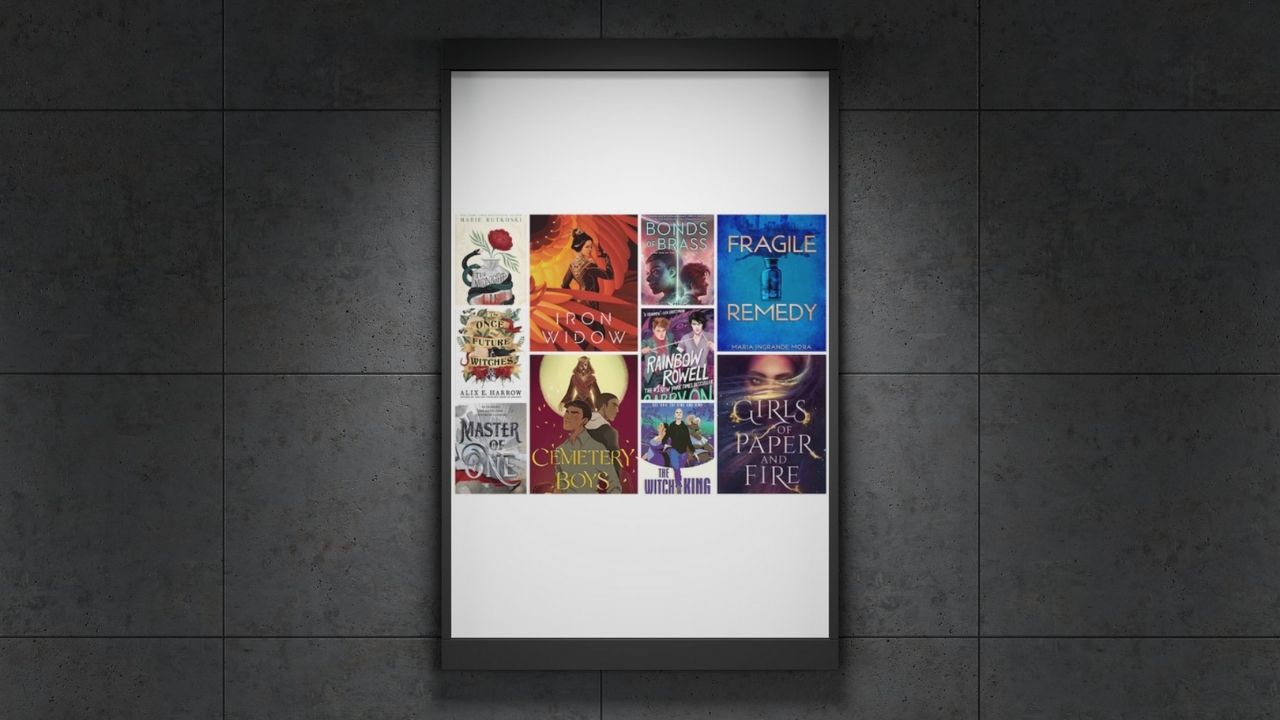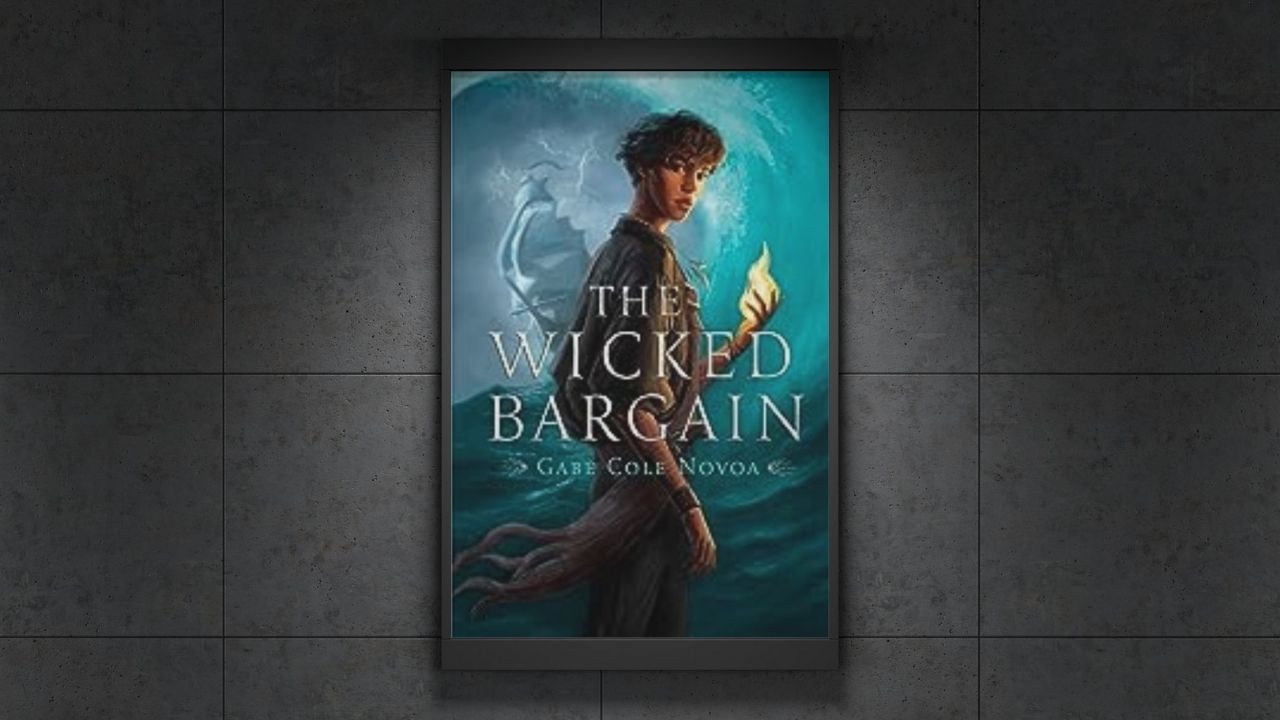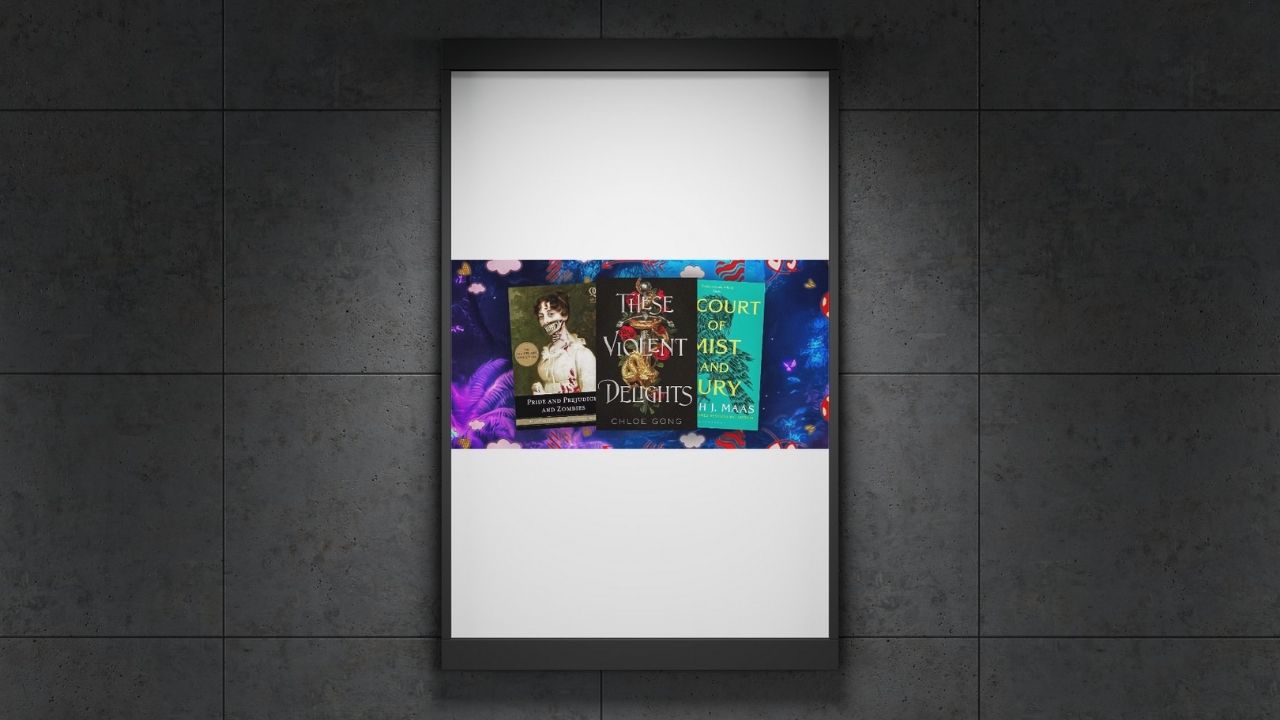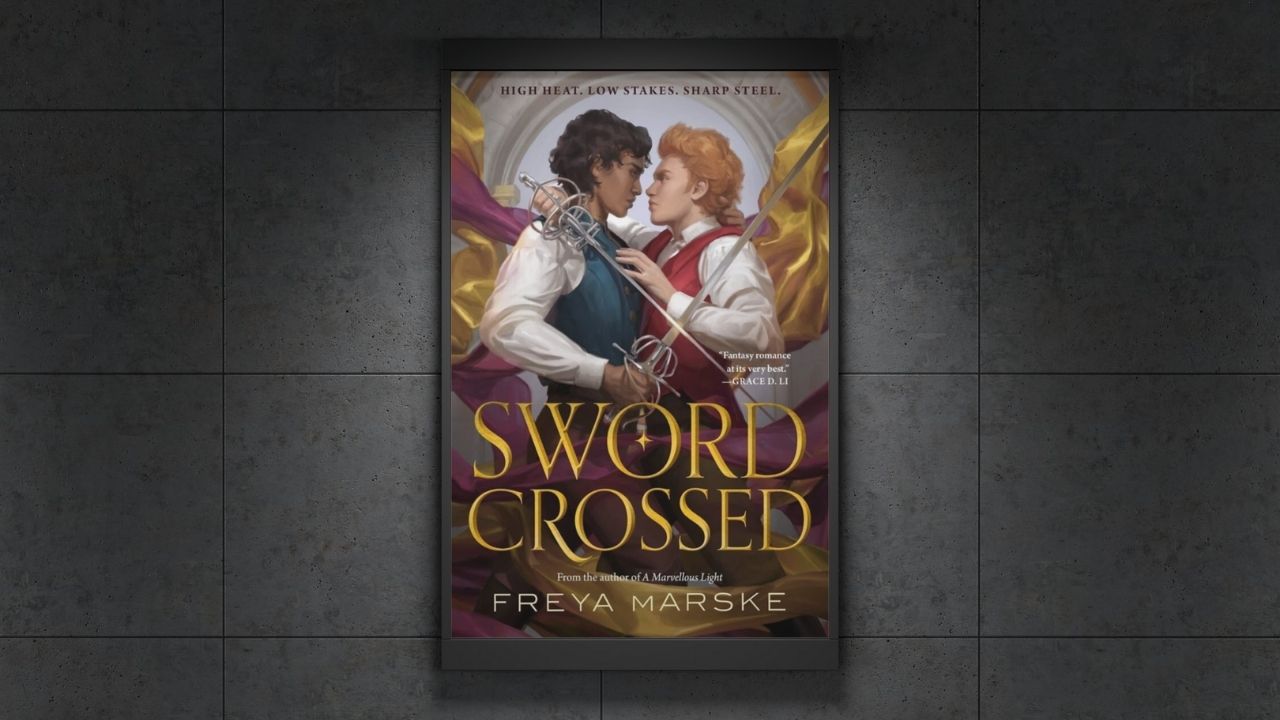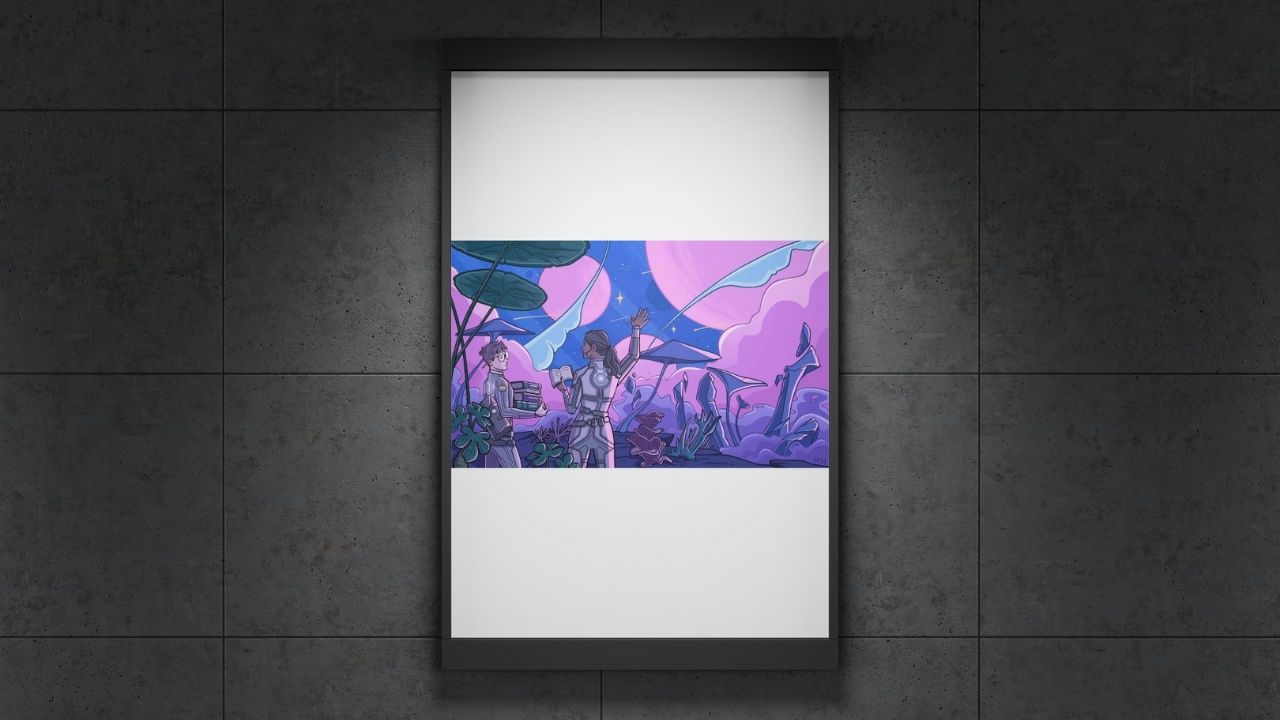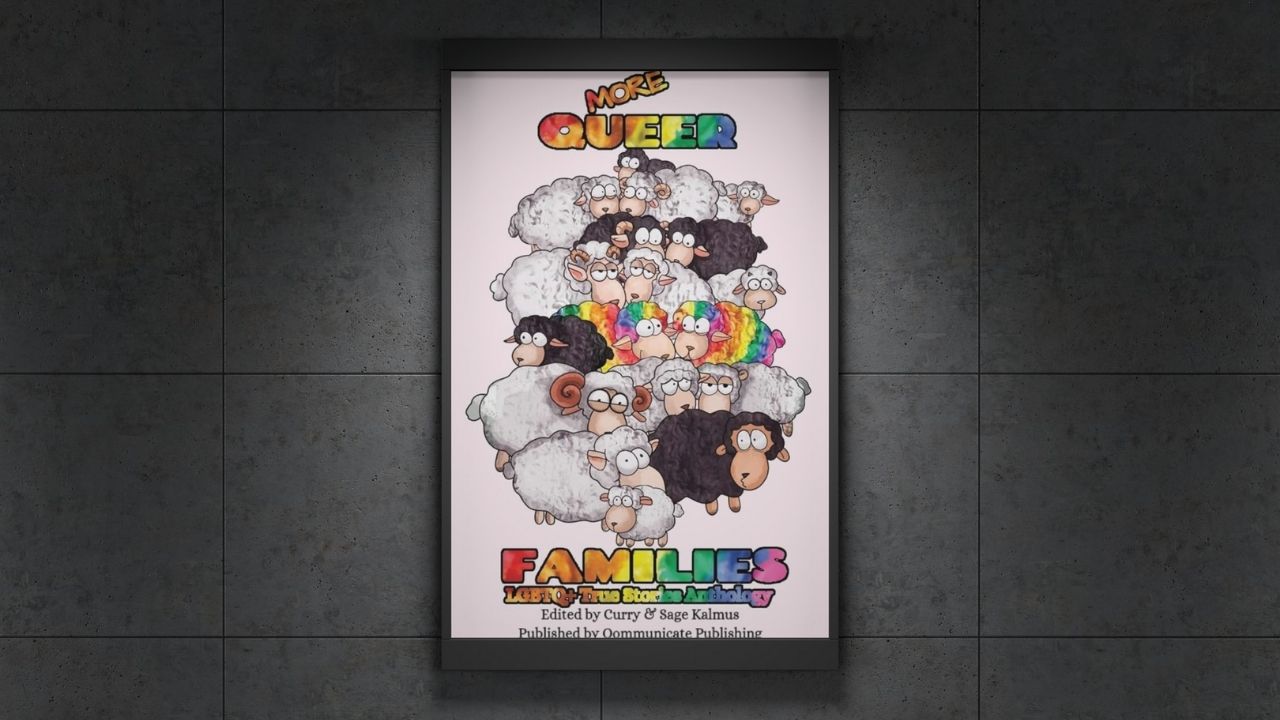Fantasy has long been a genre of limitless possibilities—offering readers mythical creatures, epic battles, and magical realms beyond imagination. However, for much of its history, fantasy fiction has followed traditional storytelling patterns, often reinforcing heteronormative relationships, gender binaries, and rigid hero archetypes. The genre has frequently sidelined or misrepresented LGBTQIA+ characters, leaving queer readers longing …
Fantasy novels have long been a space for deep, meaningful relationships, whether through epic quests, magical bonds, or the unbreakable ties of found family. While romance often takes center stage in many stories, friendship—especially queer friendship—is an equally powerful force that shapes characters, worlds, and narratives. In recent years, the fantasy genre has embraced greater …
LGBTQIA+ fantasy books offer a unique blend of escapism, representation, and emotional depth, making them an essential part of modern speculative fiction. These stories provide not only thrilling adventures and magical worlds but also authentic depictions of love, identity, and self-discovery. One narrative technique that enhances these themes is the dual narrative—a storytelling approach where …
Dark fantasy is a genre that thrives on complexity, weaving together elements of horror, moral ambiguity, and fantastical worlds to tell gripping stories. It is a space where shadowy settings and flawed characters create a compelling, often haunting, narrative landscape. For decades, this genre has captivated readers who crave stories that delve into the darker …
Magical schools have long been a beloved setting in fantasy literature, offering readers a chance to escape into worlds filled with enchantment, mystery, and adventure. From spellbinding lessons to secret passageways and forbidden duels, these institutions of magic capture the imagination like few other settings can. Their structured environments allow for deep character development, intense …
Few storylines captivate readers like the enemies-to-lovers trope. The tension, the clash of personalities, and the eventual transformation into trust and love make for an irresistible journey. In fantasy fiction, this dynamic takes on an added layer of depth, set against worlds filled with magic, epic conflicts, and high-stakes drama. Now more than ever, the …
Fantasy literature has always been a gateway to vast and imaginative worlds filled with magic, heroism, and high-stakes adventures. In recent years, the genre has expanded to include stories that embrace diverse characters and perspectives, including queer representation. These tales not only enrich the genre but also reflect the complexities of real-world identities and relationships. …
Fantasy has long been a genre of boundless creativity, allowing readers and writers to explore worlds far removed from our own. However, as the genre evolves, so does its capacity to mirror and challenge societal norms, including how we perceive gender identity. In a world increasingly attuned to the nuances of identity, gender representation in …
Villains have always captivated our imagination, often stealing the spotlight with their charisma, complexity, and the sheer audacity of their plans. In fantasy narratives, they serve as the perfect foil to heroes, embodying the challenges, fears, and moral dilemmas that drive the story forward. Whether we love to hate them or find ourselves reluctantly rooting …
In the tapestry of storytelling, few themes are as universally resonant as the idea of family. But for many in the LGBTQIA+ community, the concept of family often transcends bloodlines, evolving into something deeper and more intentional—found families. These chosen bonds, built on trust, mutual support, and unconditional love, strike a chord with individuals who …

